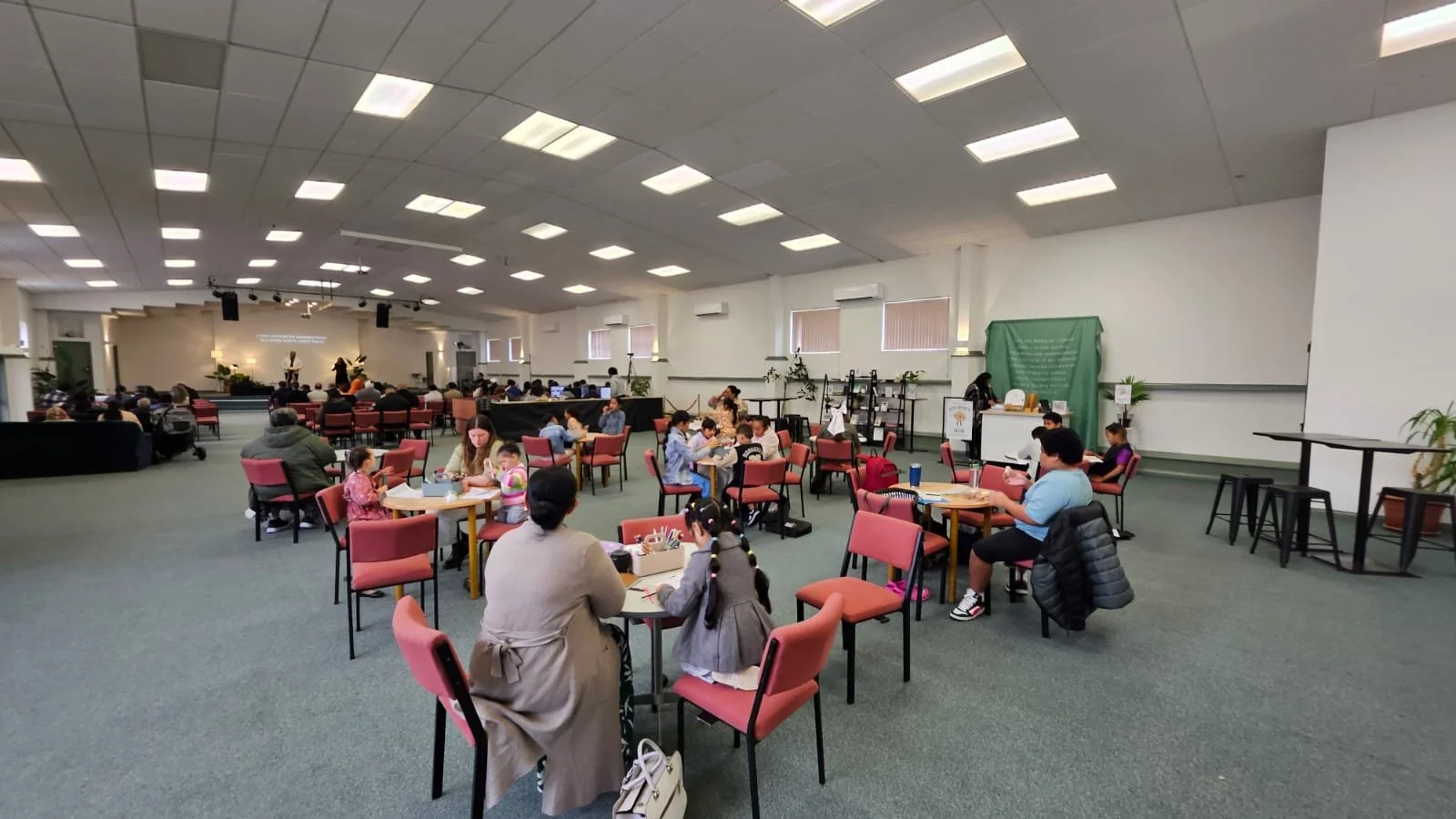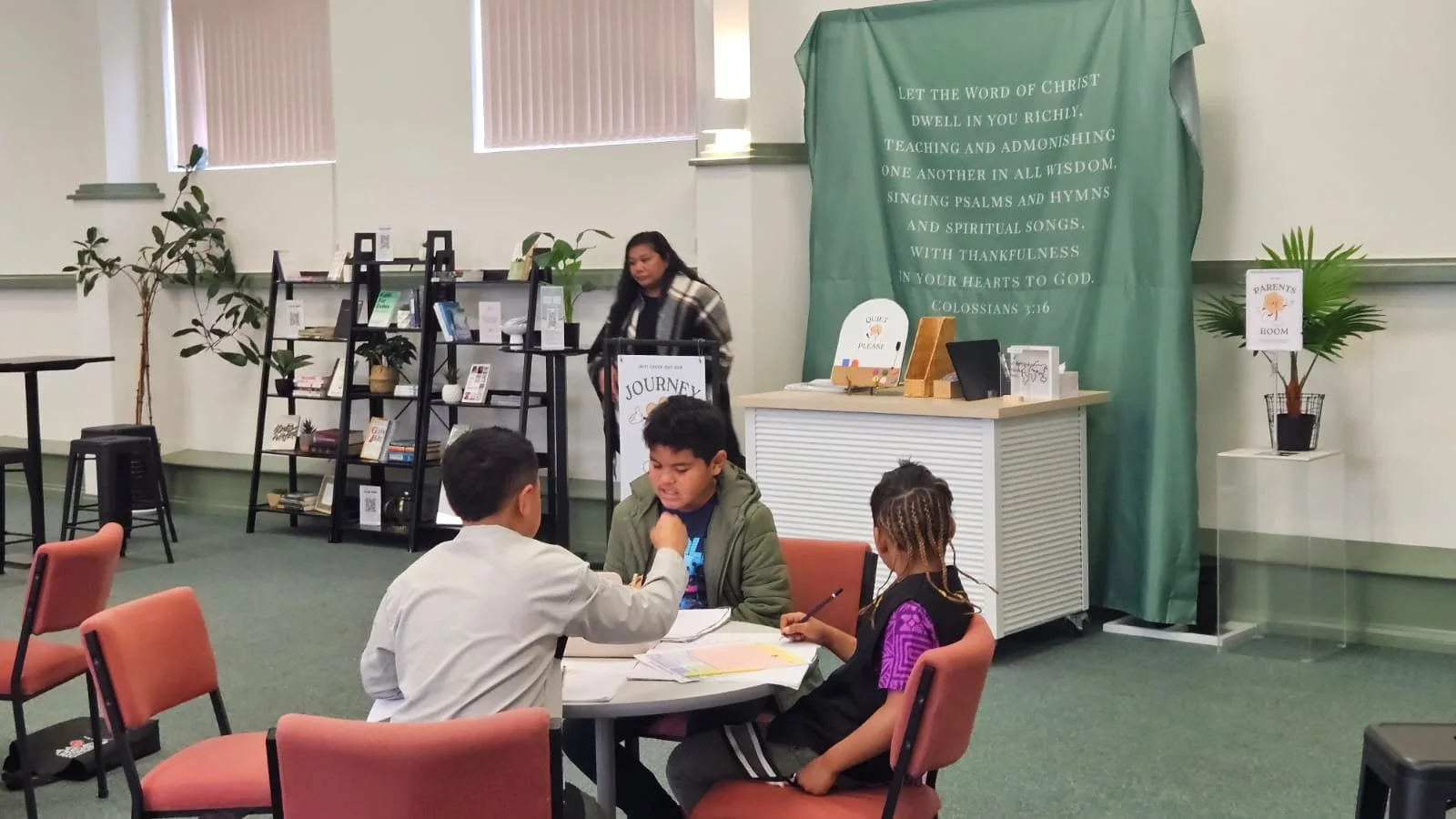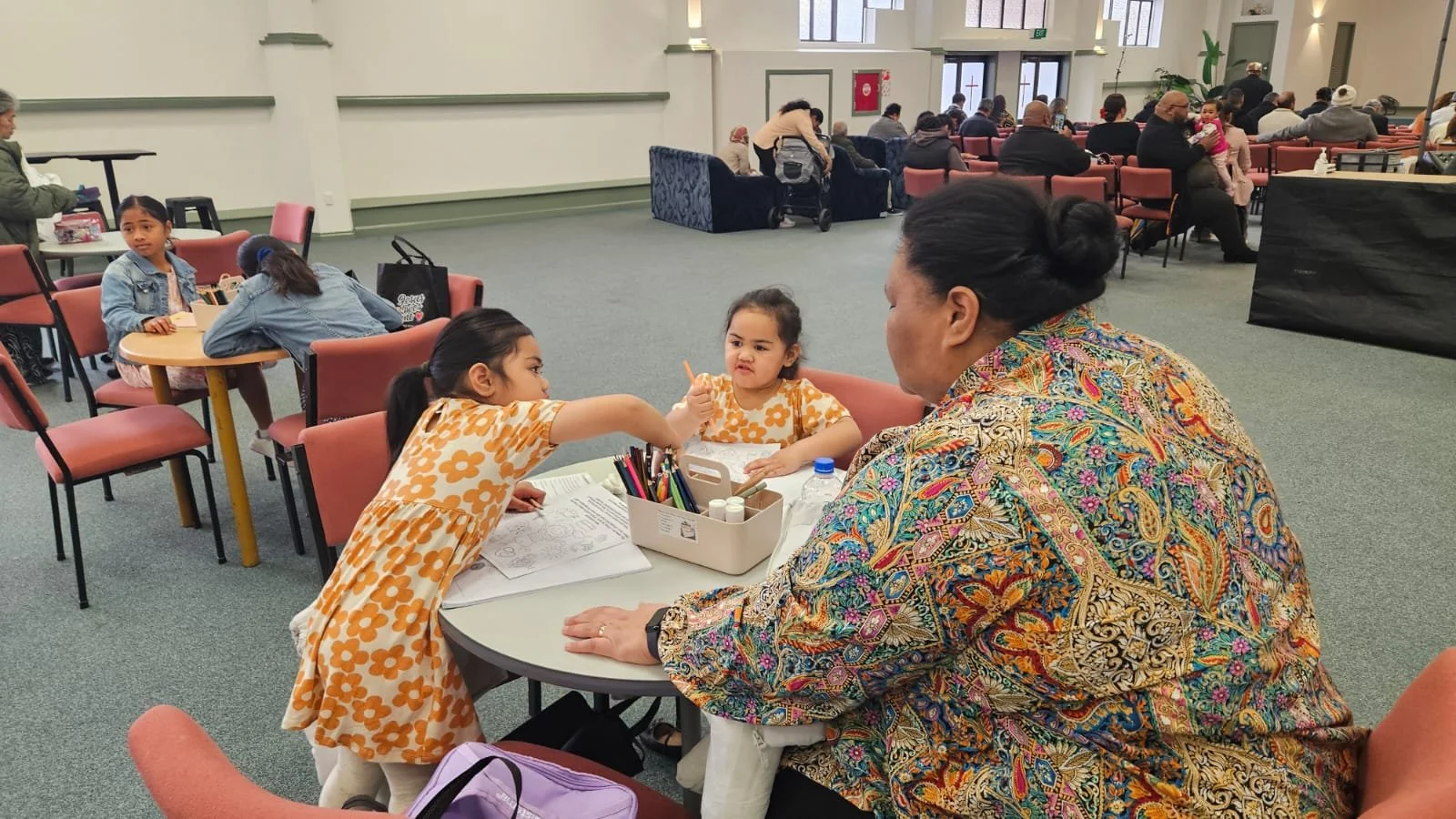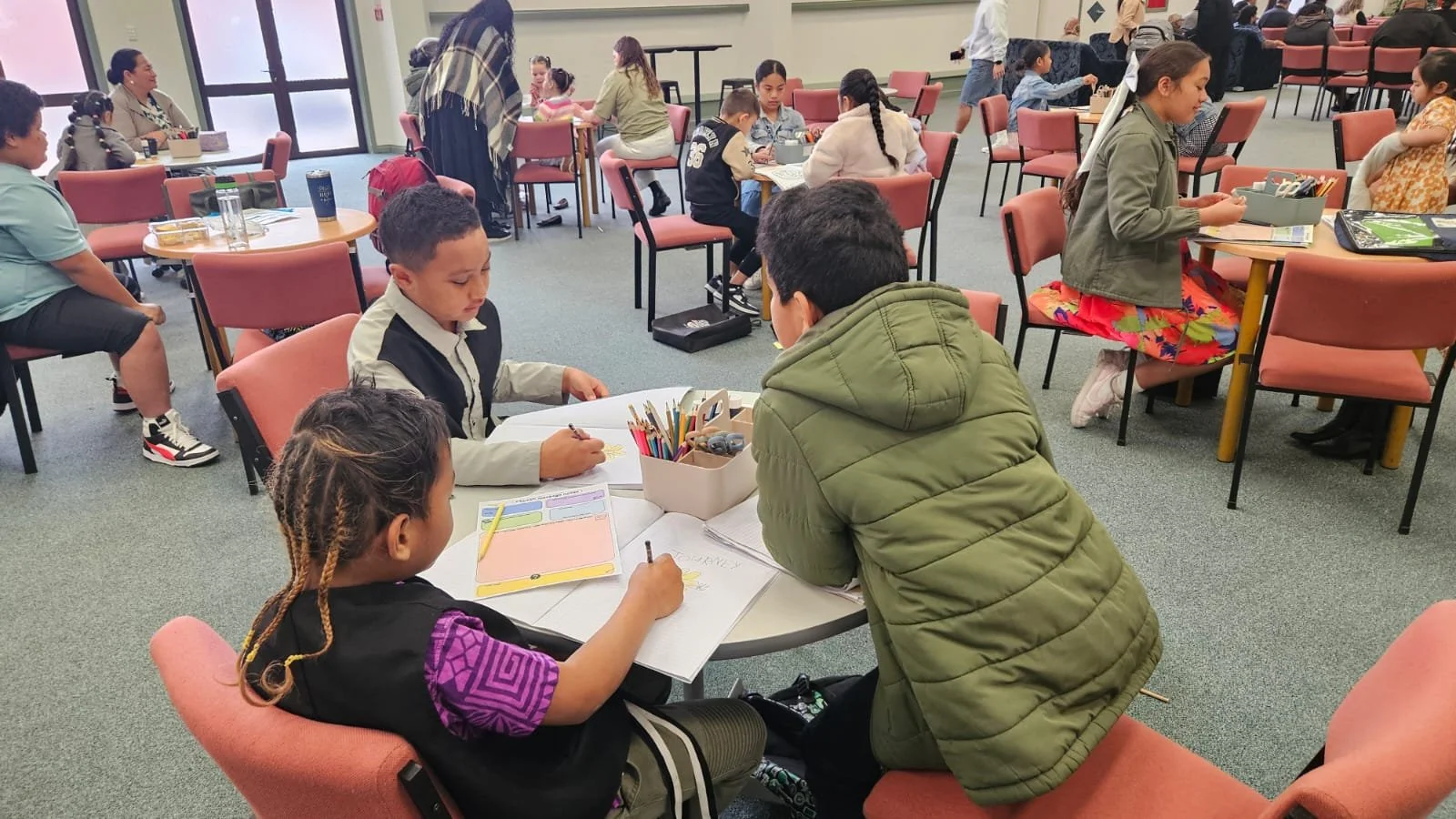Why We Don’t Have Sunday School
When you visit us on a Sunday, you might notice something different: we don't have a traditional children's programme or Sunday school. This isn't a decision we made lightly.
The Challenge of Small Church Ministry
In a smaller church family, those who serve often find themselves constantly leading or wearing multiple hats. We observed that while we are grateful for those who are willing to serve with us, this intense commitment could lead to burnout among our faithful few. Feelings of loneliness in leadership, feeling overlooked, unappreciated, and even taken advantage of are very real experiences and emotions in a church setting. For many reasons, these feelings often surface when volunteers are stretched too thin.
As church leaders, we realised the importance of and need for taking a pause – a time to reflect, review, and seek fresh direction from God. This isn't easy; the willingness to pause can feel like failure. Thoughts of self-doubt, disappointment, pride, and frustration can easily creep into our minds and hearts. However, when these feelings surfaced, it became even more evident that a pause was exactly what was needed. Realigning our plans to God's purpose is essential, because ultimately, this is His work, not ours.
Equipping Parents: The First Teachers
With that understanding, in 2022 we began to shift our focus to empowering parents as the primary spiritual teachers for their children. We leaned into the wisdom of Proverbs 22:6 (ESV):
"Train up a child in the way he should go; even when he is old he will not depart from it."
So, what did this look like, and how did we approach this shift?
A Season of Re-evaluation and Equipping
First, we took a year off from formal children's programs. This gave our previous leaders and team members a much-needed break to focus on their families and simply sit in the service with our church family. Our hope during that time was to release our people and our plans fully to God, living in the waiting for His clear direction.
Leading up to and during that period, God reminded us through His Word of the profound importance of what happens in the home. Consider this: a child in our church family typically spends 30-35 hours/week at school, 128-136 hours at home and in other activities, and only 2-5 hours per week at church on Sunday or during midweek activities.
With this clear understanding of where children spend the most time, we realised the opportunity we have to equip and empower parents to nurture faith directly in their homes and personal lives. When the teaching and demonstrating begin with the parents, it can often be more impactful and part of daily life, placing a greater focus on the home than just Sunday gatherings.
We started running Sunday lunch sessions throughout the year, sharing meals, discussing scripture, and offering practical approaches and shared experiences. After a few years with this approach, we began to see positive changes in families: parents were actively making changes in their homes. While we only gather collectively on Sundays, we saw families preparing activities for their children, sharing stories of quality time, and having more consistent conversations about life with Christ.
Sundays Now: Parent-Led Learning
What you see on Sundays now is our children gathering after worship in the church lounge. For the first 5-10 minutes, they engage in writing or drawing sermon notes, then complete activity sheets for the next 40-45 minutes. While this is prepared, coordinated, and set up by a dedicated team, this learning time is actively looked after by the parents themselves. Our space is open, allowing parents to still hear the Word. This approach may change in the future as we grow but for now, this is the season we are in.
We are still working things out as we go, especially in helping parents understand that this approach is possible when we trust God for perseverance and consistency in our parenting and relationships with our children. We believe in this journey of equipping families to build a strong foundation of faith at home. Often, the thinking is that a strong church grows strong families. Our belief is the other way around; strong families (individuals) is the strength of a church.








